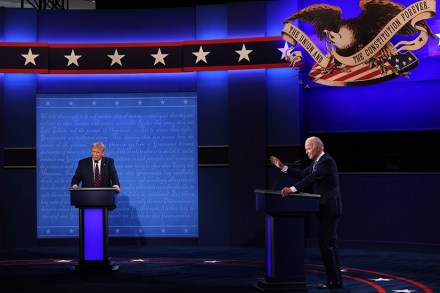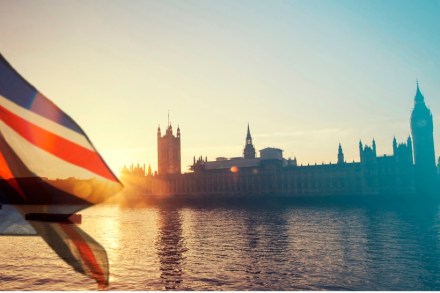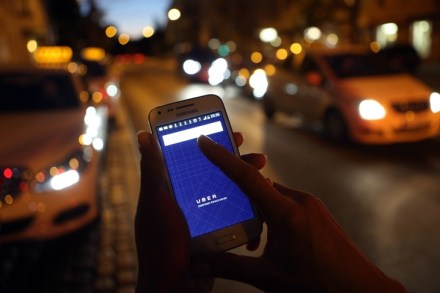How to bottle Britishness
The US crackdown on trade finance for Russia from international banks – designed to impede imports needed for the continuing assault on Ukraine – is biting hard, reports the FT, quoting an investor who thinks ‘the logical endpoint of this is turning Russia into Iran’. Quite right too: sanctions like these are a vital non-military way to hobble Vladimir Putin’s campaign. But war and finance intersect in many different ways. Consider also the fate of 400 western-owned commercial aircraft that were leased to Russian airlines before the invasion in February 2022. Now stuck in Russia or its satellites, unmaintained to western standards and unfit to fly back into our airspace,















